If you were a lover of reggae music in the 1970s, you would certainly know “Time Hard”, a hit song by The Pioneers, the Jamaican three-man band. “Everyday,” they sang, sonorously, “things are getting worse.” That song was released in 1972. At the time, Nigeria was producing two million barrels of crude oil per day and selling at an average price of $1.8 per barrel. We were not yet oil-dependent, so the revenue was basically a bonus. By 1974, oil was selling for $11, six times the 1972 price, and our stomach ballooned. We became helplessly hooked on petrodollars. The only song Nigerians could be singing was: “Things are getting better.” The Pioneers would not sell.
But their song still became very relevant in the early 1980s. Average oil price fell from $34 in 1981 to $32 in 1982 and $29 in 1983, meaning serious trouble. Oil boom had sent us into an expenditure overdrive and overkill. We had taken on massive projects, importing recklessly and accumulating debts like medals. Our foreign reserves began to sink as we struggled to import basic food items, such as rice and milk. President Shehu Shagari tried to stay afloat through a “stabilisation plan” that cut spending, reduced imports and hiked duties. After the 1983 elections, the government could no longer pretend. The economy went berserk. Things fell apart.
This is 2016 and the symptoms persist. In fact, our economy has been on a downward spiral since late 2014 when oil prices started plunging. It became more pronounced in 2015, and it appears we are now breaking records as we wake up everyday. Are The Pioneers singing in the background? The naira is officially at its worst since it replaced the pound as national currency in 1973; oil production has plunged from 2.2mbpd to probably its lowest in 10 years; FX reserves are going south; inflation has gone wild; and we are just awaiting figures from the National Bureau of Statistics (NBS) to confirm that we’re officially in a recession — first since 1987.
There are four points I would like to highlight as we discuss the state of the nation this morning. One, we cannot deny the fact that the crash in the price of crude oil is what got us into our current gridlock. We classically got carried away by the recent oil boom and failed to learn our lessons. Now history is mercilessly repeating itself. Two, Buhari did not inherit a healthy economy, contrary to whatever the critics say. Three, Buhari may not have been quick enough with his response to the economic crises since he assumed office, but there are no easy answers. Four, and this is the one that scares me silly, we may be in for a prolonged drought.
Advertisement
Here we go. My first point. If Buhari inherited crude oil price at $80 per barrel, with production levels remaining at over 2mbpd, the story would certainly be different. We have to face that fact without sentiments. The exchange rate, both official and parallel, could still be below N200/$1; our reserves would be still be fairly healthy because of the war chest; and — with subsidy — petrol would still be less than N100 per litre. Prices would stabilise. Foreign investors would likely remain attracted to us and the stock market would be bubbling. In other words, the relative growth we have enjoyed over the years owed largely to high oil prices.
Indeed, President Goodluck Jonathan was unable to build robust reserves in the time of boom — and this is very significant. Under President Olusegun Obasanjo, the highest price oil sold for was $60, and production was less than 2mbpd for the most part. He parted with $12 billion to settle foreign debts, and still left FX reserves of $43 billion, out of which $9 billion was excess crude savings. Under President Umaru Musa Yar’Adua, oil went up and down, hitting $147 per barrel at some point, and sinking to $31 at its lowest. With that, Yar’Adua raised FX reserves to $62 billion by September 2008 — the highest in our history.
This is where the Jonathan team loses the argument. Oil sold for between $70 and $120 during his first four years in power (2010-2014) before the downward slide to $50 in 2015, when he left office. If our reserve management was anything like what we had under Obasanjo and Yar’Adua (when, by the way, Professor Chukwuma Soludo was the CBN governor), Jonathan could have left at least $100 billion in the reserves. If Buhari had inherited such a heft kitty, the naira would not be gasping for breath today. Clearly, our failure to build an FX war chest in the time of plenty exposed us to the infectious diseases we are battling with today.
Advertisement
Why couldn’t Jonathan build robust reserves? One, Dr. Ngozi Okonjo-Iweala, former finance minister, kept crying that Nigeria was bleeding from oil theft. Nobody listened. Over 400,000 barrels were being stolen daily. Two, NNPC failed to remit billions of dollars to CBN coffers. The man formerly known as Malam Sanusi Lamido Sanusi, then CBN governor, raised the alarm. We didn’t listen. Three, governors opposed crude oil savings, saying it is unconstitutional. Four, we maintained an artificial value for the naira for long, insisting we had “robust reserves”, but our appetite for imports was more robust. We failed to curtail the appetite because we were awash with dollars.
Our aggressive spending during the last oil boom is coming back to bite us. Instead of spending the oil wealth to deepen and regenerate the economy, we ran amok, bloating the civil service and turning political appointments to a sub-sector. The governors were hiring jets every minute to attend political meetings. Nigerians were buying jets like pure water. How many people were sending their children to foreign schools in 1999 compared to, say, 2014? We believed we had all the forex to buy the world. We totally savaged the economy. This is not about Jonathan alone — it was a national pastime: from councils and states to the colossal federal government.
My third point. Though Buhari did not inherit a wonderful economy, his ideological hangovers prevented him from acting on time to stem the tide. It’s like cancer. If you leave cancer stage one untreated, it gets bigger, and moves to stage two. Untreated, it gets worse and moves to stage three. And, finally, it gets to stage four where it has spread to other organs. The economy was probably at stage two when Buhari took over, but he felt chemotherapy would be too painful for the masses that elected him into office. Now the cancer is spreading and killing jobs and shredding the naira and shrinking the economy. That is the consequence of delayed adjustment.
My fourth and final point. Since we are still hopelessly sold to oil, and production is getting smaller by the day as a result of militant activities, I think The Pioneers will have to do a remix of “Time Hard”. Things will get even worse before they get better. You don’t transit from oil economy to industrial/service overnight. If we couldn’t do it in 40 years, I don’t expect us to do it in one year. Or even four years. Except oil recovers miraculously, this carnage will continue. Sadly, the bad situation is worsening because of socio-political tensions: the herdsmen, the Niger Delta militants and Biafra. Meanwhile, APC, the ruling party, is enmeshed in a civil war.
Advertisement
Where do we go from here? I honestly pity President Buhari. Despite shifting ideological grounds on the exchange rate and fuel price, the economy is still nowhere near recovering. The truth is that we are in a bad place and there are no easy ways out. It is a peculiar mess. The tasks he must face squarely now are critical. One, how do we first stabilise the economy and stop this bleeding? Two, where is the recovery road map so that the average Nigerian can hope for light at the end of the suffocating tunnel? Three, how do we ensure that if there is another oil boom, we will utilise it intelligently and finally escape from what I call the “petropathetic” syndrome?
It is very easy to point accusing fingers at Jonathan for mismanaging the economy or Buhari for not finding a quick fix, but maybe we should begin to look at the mirror as well. With oil boom, we were living false lives, holidaying in Las Vegas and holding weddings in Dubai with unearned or dubiously earned income, pretending to be rich when it was all a bubble. Now the bubble has burst. We can see clearly now. As Buhari seeks to reform the economy, we too must discipline our appetite and endure the inescapable pains of adjustment. Without another oil boom, recovery is going to be slow and painful. But in due season we shall reap — if we faint not.
AND FOUR OTHER THINGS…
DRUMS OF WAR
The Oodua Peoples Congress (OPC) has issued an ultimatum to Niger Delta militants to cease attacks on Yoruba communities — failing which the brigandage will become “an eye for an eye”. In recent times, suspected militants have been unleashing havoc, unchecked, on coastal communities in Lagos and Ogun states, shooting and looting, raiding and raping, killing and kidnapping. The OPC threat, unfortunately, is not the solution. The basic reason there is a government is to provide security for lives and property, and it will be tragic if people have to resort to self-help. That’s a perfect recipe for civil war. Ominous.
Advertisement
OUT OF ORDER
Alhaji Ibrahim Idris, the acting inspector-general of police, has ordered the arrest of the killers of Chief Lazarus Agaie, the traditional ruler of Bokkos, Plateau state. Really? Do the law enforcement agents need any order before they unravel crime and apprehend the suspects? I thought that’s their primary duty! When VIPs are kidnapped, we are usually informed that the IG has “ordered” that the perpetrators be arrested. This “order” business must be unique to Nigeria. Should we assume that many murderers and kidnappers are yet to be arrested because the IG has not “ordered” the police to do so? Curious.
Advertisement
STUDENT AFFAIRS
The National Association of Nigerian Students (NANS) has done the unusual — they have finally spoken about a matter concerning Nigerian students! They recently asked the federal government to reverse the policy on post-UME tests. I was very happy that for once, NANS is talking about student issues. In the last 17 years, they have been busy defending or promoting politicians. They have been endorsing, dishing out awards to, passing votes of confidence on politicians — and visiting state houses. Very lucrative stuff. I totally forgot that it was an association set up to fight for the interest of university students! Hilarious.
Advertisement
HIJAB SAGA
Honestly, I never knew that Muslim pupils were not allowed to wear hijab in public schools in some states until these court cases started showing up. All my life, I have been seeing female students wearing the hijab and “Deeper Life” scarves, and I have never objected to it. Indeed, it looks so normal to me. I’ve never lost my appetite or sleep because of the way people choose to dress to express their faith. Can somebody please educate me on how hijab is a catastrophe? I would like to implore all agitated parties to allow sleeping dogs lie. Precarious.
Advertisement
5 comments

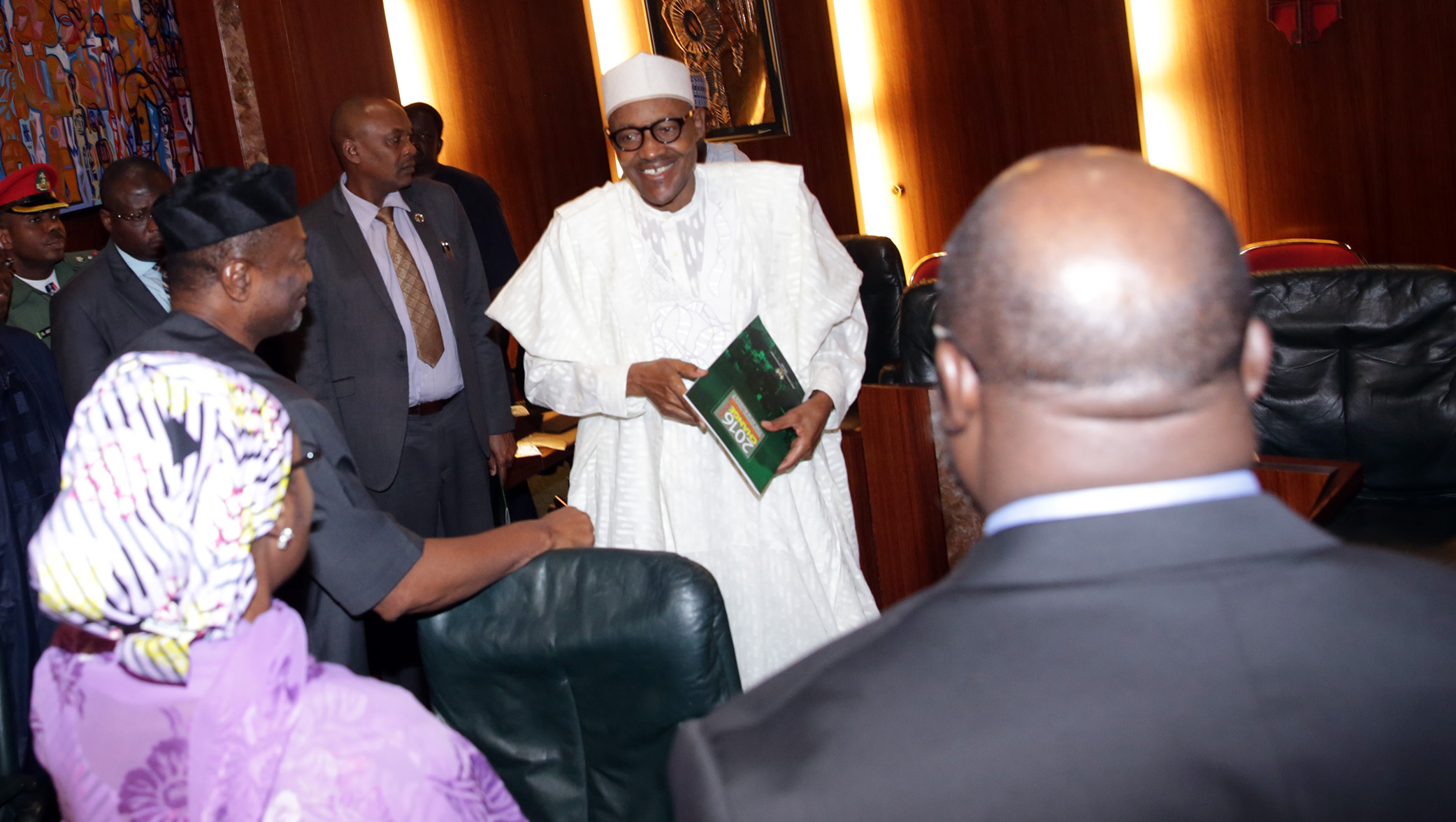
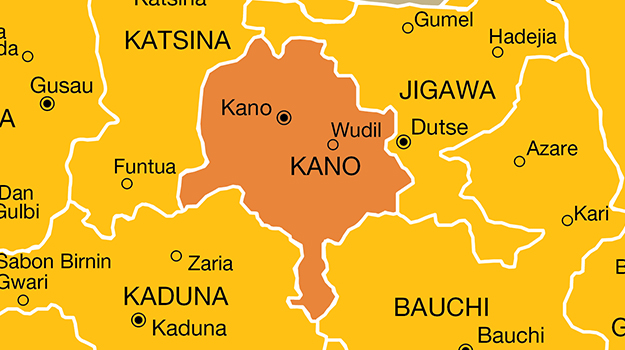
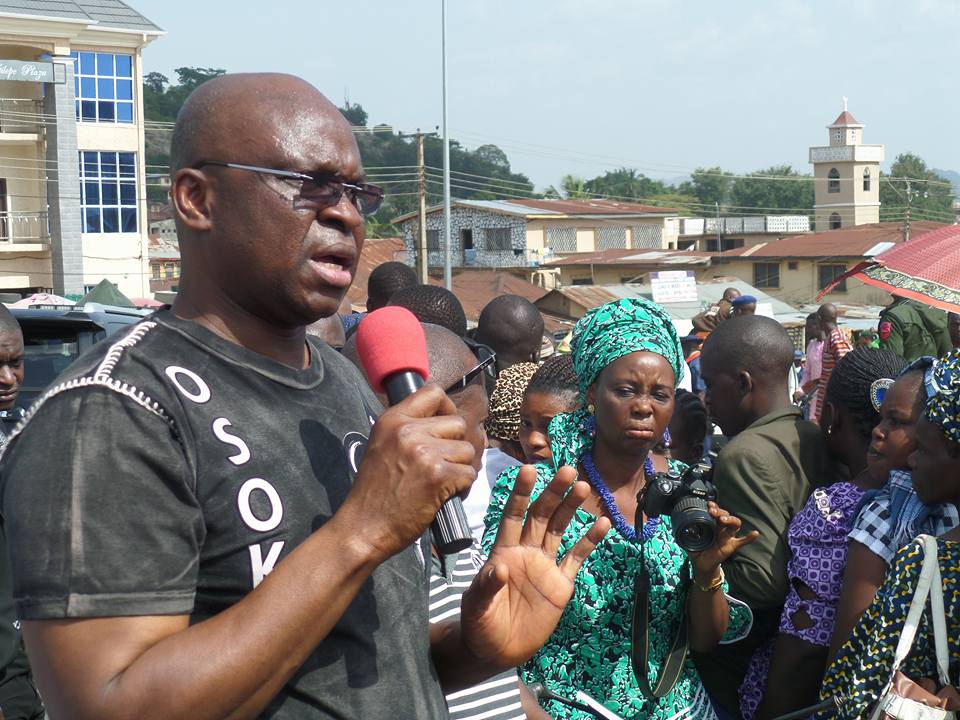

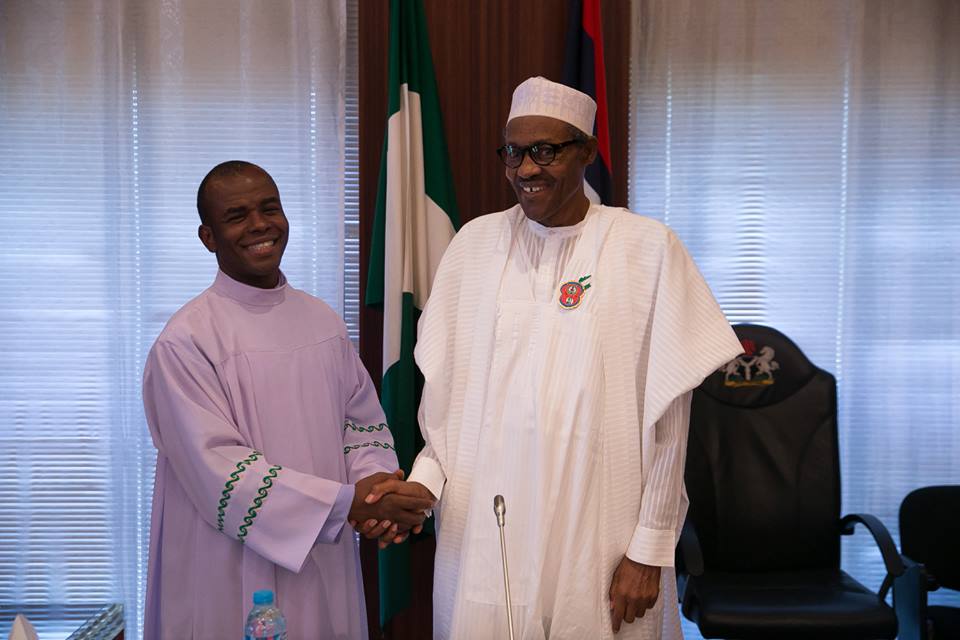
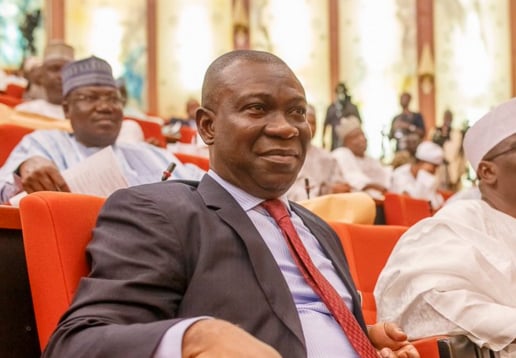
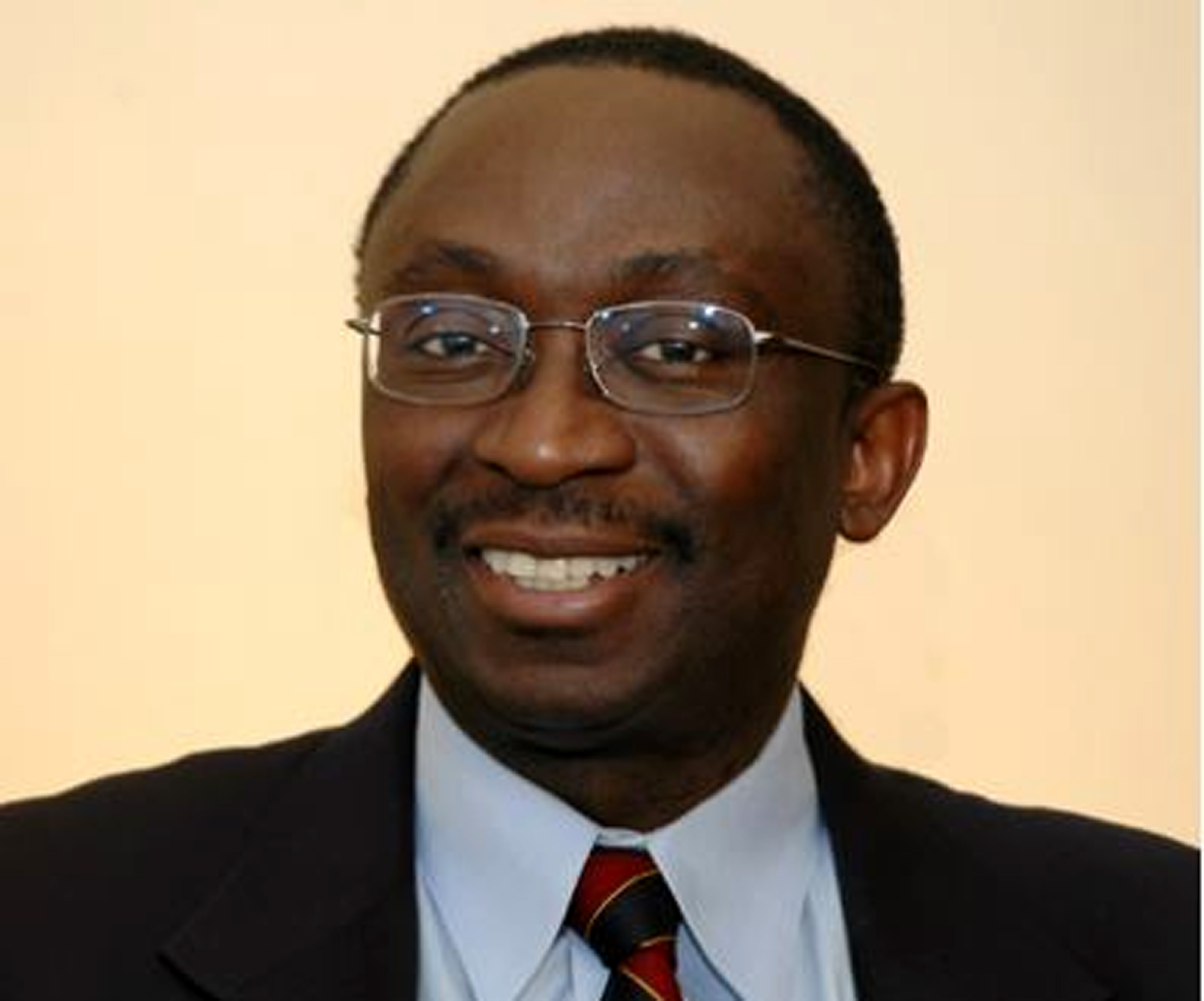
Why is Ethiopia growing at 10%, why is Tanzania growing at 6%? Neither have oil but their growth is being propelled by investment. Buharis sin is that with oil revenue falling in half or effectively cutting revenue by 15 billion USD per year or 3% in GDP terms growth crashed not from 6% to 3% but from 6% to negative territory. Why? He disincentivized investment with his dumb policies on the exchange rate, by creating an unnecessary crisis in fuel supply and by projecting an insular approach to privatization. His handling of ipob, Niger Delta Avengers has further heightened perceptions of Nigeria s instability and contributed to negative investor sentiment. With government accounting for around 10% of the economy, the slowness to prepare and pass a budget on time has impacted on spending.
The good news is that Buhari has failed early and failed spectacularly. The fact that there were policy shifts says that his administration is ready to learn lessons on the right things to do. Which is not alienating investors or large parts of the electorate and delivering on governance.
SIMON, PLEASE GET YOUR ARGUMENTS STRAIGHT AND YOUR FACTS RIGHT
As I was reading this article some things did not seem consistent with the writes previously held views to I did a random check on his past articles.
Sometime in 2008 Simon had written that “by the time Obasanjo left office in 2007, crude oil price was dancing between $80 and $90”. So why is Simon saying now that the highest oil sold for during that time was $60?
On January 26, 2014 Simon wrote that “Obasanjo left over $18 billion” and that the governors came insisted on squandering the money after Obasanjo left. How come the figure has now changed to $9 billion, and why is he now turning around to blame it on Jonathan?
In 2005, Simon asked if there was any law stopping us from spending in Excess Crude Account on projects and infrastructure. How come he is now saying that Jonathan should have saved excess oil revenue instead of spending it?
Nkem, thanks for the factcheck. I don’t have a comment on the first two points, but I’ll argue on Simon’s behalf on the last point. My takeaway was that Jonathan squandered rather than steered the economy of Nigeria away from oil dependence and capital expenditure. projects and infrastructure in my mind equate with capital expenditure, which in essence are investments into the Nigerian economy as opposed to recurrent expenses and squandering which was in full steam in the past administration.
Nkem, without digging in, I suspected the arguments were too “a little to the left, a little to the right”. The writer was clearly dishing us an editorial version of political correctness. Issues of the economy has no place for such. It is either A failed in policy or oversight or passed. Thanks for the fact-check.
Till date. I’m yet to comprehend the fruitfulness of Buhari’s TSA implementation. I agree past administrations didn’t save enough during the oil boom. But one thing we shouldn’t forget is that this current APC opposed every savings approach engaged by GEJ on the grounds that he was saving money for re-election . I remember they threatened legally or even took it up at that level. What we really need now is a combined effort to build the economy back. Old political wounds should be covered for now and let’s face the fact before Nigeria plunges into an Unkwown ditch.